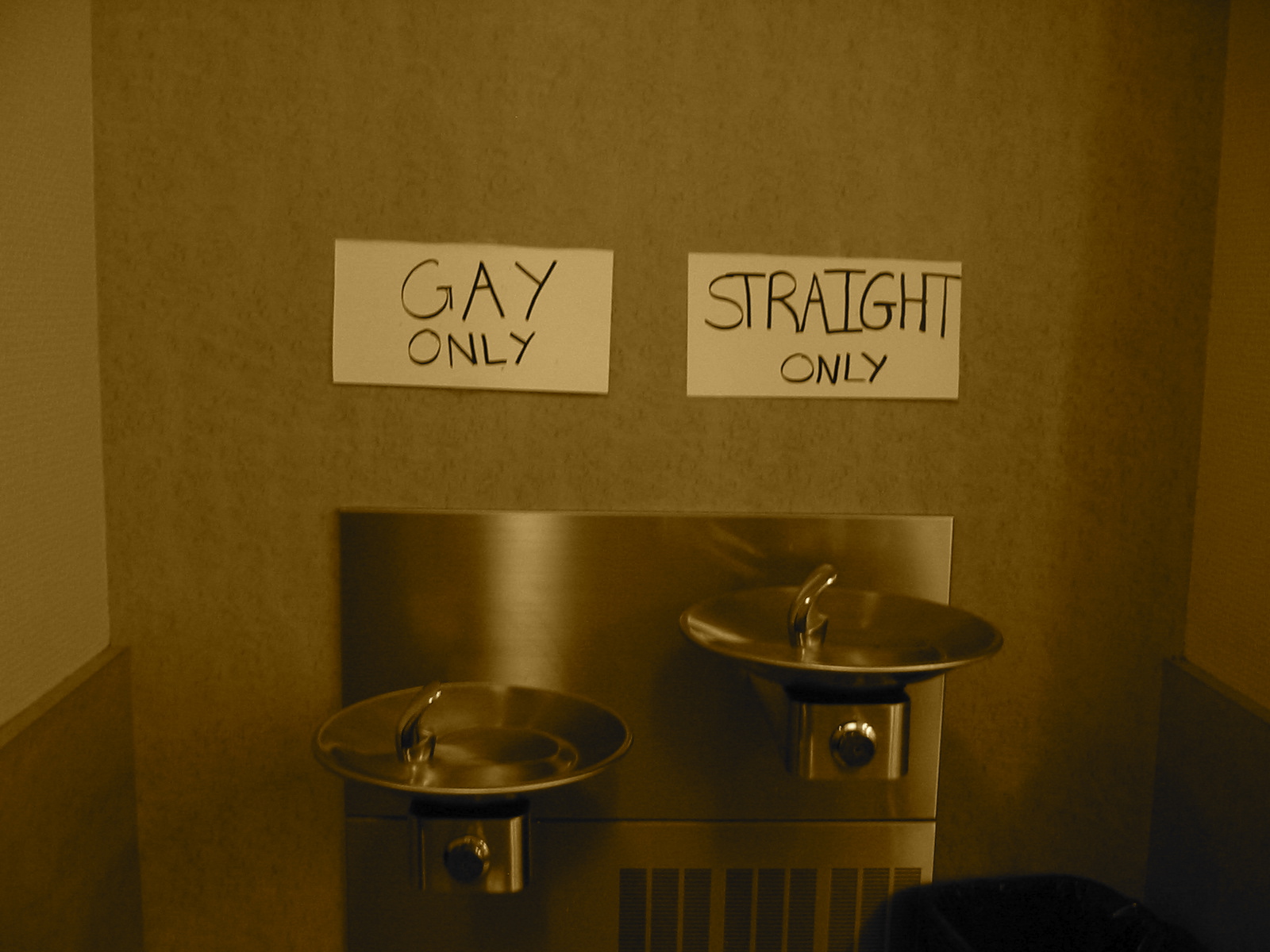|
Kimberly Nixon Rape Relief Case
Kimberly Nixon is a transgender woman who filed a human rights complaint against Vancouver Rape Relief & Women's Shelter Society (VRRS) for discrimination. VRRS argued that Nixon, a transgender woman, did not have the same life experiences as a woman who was assigned female at birth, and could not volunteer as a peer rape counselor.Chambers, Lori. "Unprincipled Exclusions: Feminist Theory, Transgender Jurisprudence, and Kimberly Nixon." Canadian Journal of Women and the Law 19.2 (2007): 305–34. Web. She fought her case successively through the British Columbia Human Rights Tribunal, the Supreme Court of British Columbia, the British Columbia Court of Appeal, each of which rejected her complaint, and then eventually the Supreme Court of Canada, which dismissed her request to appeal the decision against her case on February 1, 2007."Chronology of Events in Kimberly Nixon vs Vancouver Rape Relief Society". Vancouver Rape Relief & Women’s Shelter. rapereliefshelter.bc.ca, June 1, ... [...More Info...] [...Related Items...] OR: [Wikipedia] [Google] [Baidu] |
Vancouver Rape Relief & Women's Shelter
Vancouver Rape Relief & Women's Shelter is Canada's longest running rape crisis center. The shelter, located in Vancouver, British Columbia, was established in 1973 and has operated a radical feminist, feminist Transitional living, transition house since 1983, offering women's shelter, women shelter from men who are abusing them, including fathers, husbands, sons, pimps, Client (prostitution), johns and landlords. A member of the Canadian Association of Sexual Assault Centres (CASAC), it is an independent, non-governmental group with no connection to the criminal justice system. Services The group operates a 24-hour, confidential, free-of-charge crisis hotline for abused women. More broadly, it works to eradicate all violence against women, which it defines as including "sexual assault, domestic violence, wife assault, incest, prostitution, and sexual harassment". According to its website, this mission is accomplished by not only providing housing, education, resources, and support ... [...More Info...] [...Related Items...] OR: [Wikipedia] [Google] [Baidu] |
Oppression
Oppression is malicious or unjust treatment or exercise of power, often under the guise of governmental authority or cultural opprobrium. Oppression may be overt or covert, depending on how it is practiced. Oppression refers to discrimination when the injustice does not target and may not directly afflict everyone in society but instead targets or disproportionately impacts specific groups of people. No universally accepted model or terminology has yet emerged to describe oppression in its entirety, although some scholars cite evidence of different types of oppression, such as social oppression, cultural, political, religious/belief, institutional oppression, and economic oppression. The Universal Declaration of Human Rights offers a benchmark from which to assess both individual and structural models of oppression. The concept, popularized in Marx and Engels' Communist Manifesto of 1848, is often used to justify state persecution. Authoritarian oppression The word ''oppress ... [...More Info...] [...Related Items...] OR: [Wikipedia] [Google] [Baidu] |
Canadian Transgender Case Law
Canadians (french: Canadiens) are people identified with the country of Canada. This connection may be residential, legal, historical or cultural. For most Canadians, many (or all) of these connections exist and are collectively the source of their being ''Canadian''. Canada is a multilingual and multicultural society home to people of groups of many different ethnic, religious, and national origins, with the majority of the population made up of Old World immigrants and their descendants. Following the initial period of French and then the much larger British colonization, different waves (or peaks) of immigration and settlement of non-indigenous peoples took place over the course of nearly two centuries and continue today. Elements of Indigenous, French, British, and more recent immigrant customs, languages, and religions have combined to form the culture of Canada, and thus a Canadian identity. Canada has also been strongly influenced by its linguistic, geographic, and ... [...More Info...] [...Related Items...] OR: [Wikipedia] [Google] [Baidu] |
